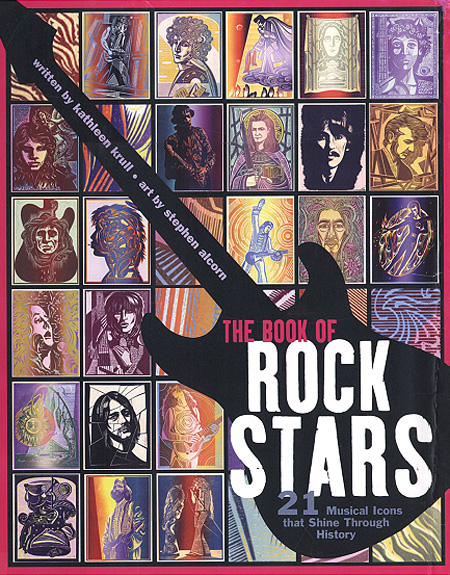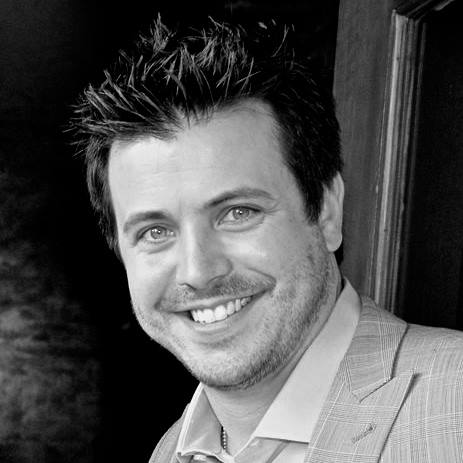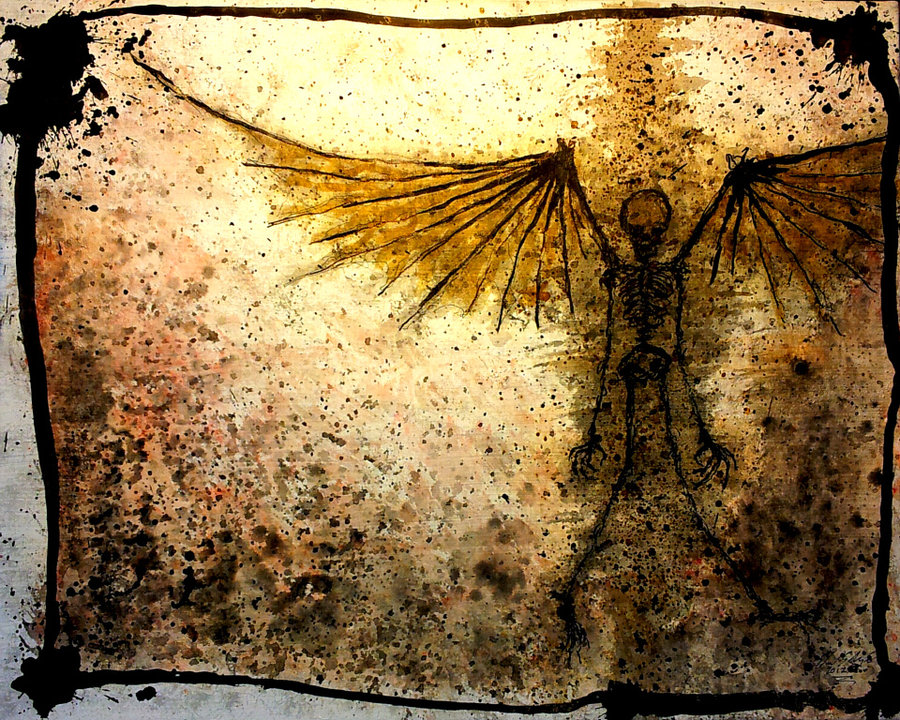A friend from the security community, Rob Fuller, has written a post about drinking at conferences. It’s an activity I engaged in with abandon until I decided to quit drinking on New Year’s Day 2010. His post reminds me of what the transition to sobriety was like in conference settings.
I drank my way through the first few RSA conferences to cope with nerves. You could drink all you want for free at the vendor parties, so it was an easy crutch to grab for. At RSA 2010, I was in hell. I stayed sober but didn’t know quite how to behave or deal with people who were drunk. I looked back at my posts from that week, and found this snapshot of what I was feeling:
So here I am in San Francisco for the RSA conference and Security B-Sides events. I’m at a lot of events that involve drinking and instead of wine I’m sucking down club sodas and Red Bull. And, truth be told, I still have trouble feeling at ease in the crowd without the wine buzzing beneath the skin of my forehead.
Fortunately, each subsequent event got easier for me, and now I’m at ease in a crowd full of drinkers. I also realized from the beginning of sobriety that there is a support system. People have held AA meetings during RSA and ShmooCon. And when you let it known you are no longer drinking, there are people who look out for you. Getting that support from the outset definitely helped cement my affection for the security community.
I’ve been asked more than once if I ever get pressure to drink at these events.
Never.
In his post, Rob wrote that he believes there’s too much drinking going on and wants his peers to throttle back.
It’s certainly not an issue that’s unique to the security community. I know people from other industries who tell similar tales of drinking and debauchery at conferences they attend.
Do conference attendees drink too much? Do they need to get better control of themselves? I think it really depends on the individual. Most people handle their liquor just fine. I wish I had that ability. It really comes down to whether the individual feels they have it together.
If you feel like conferences are nothing but a blur of hangovers and you don’t like it anymore, you probably need to consider a modified lifestyle.
Of course, someone with a drinking problem can think they have it together but be a total wreck. If conferences are nothing but a drunken blur, whether you like it or not, you should sober up.
I’m just grateful I found a way through my own challenges.








